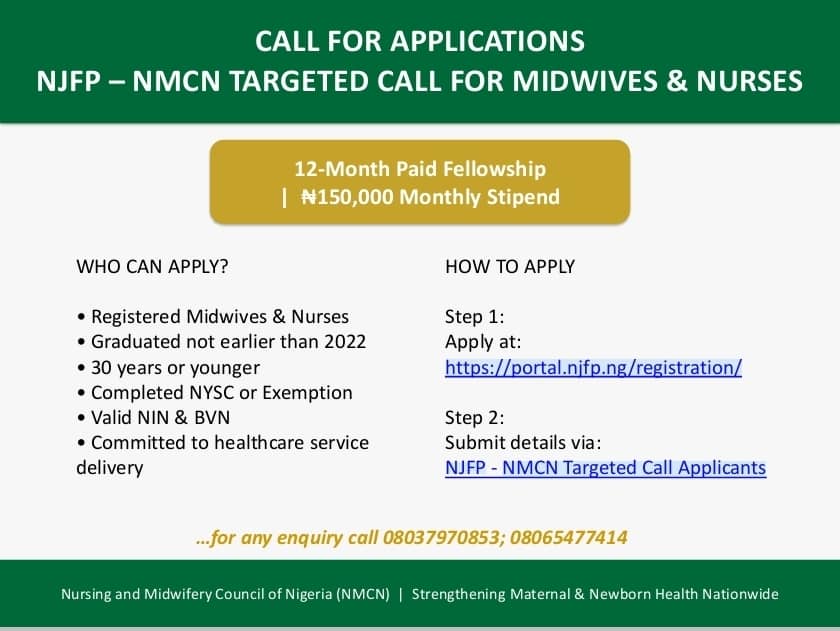The Executive Director of the National Primary Health Care Development Agency, NPHCDA, Faisal Shuaib, has pledged to ensure the success of the current scheme to revitalize primary health care in Nigeria under a four-point agenda he has formulated to reposition the Agency.
Mr. Shuaib made the pledge on Monday while receiving the new World Health Organization, WHO, Country Representative in Nigeria, Alemu Wondi, in his office.
According to a statement by the agency, Mr. Shuaib outlined aspects of the agenda as “repositioning the Agency with a culture of zero tolerance to corruption and efficient service delivery, concluding polio eradication, and strengthening routine immunization”.
The President Muhammadu Buhari Administration has made revitalising primary health care the anchor for its activity in the health sector.
Under the scheme, the administration plans to make 10,000 functional primary health care centres available to deliver a number of services in every ward across the country, beginning with one in each of the 109 senatorial districts of the country. The exercise was flagged off on January 10 with the commissioning of the Kuchingoro primary health care centre in Abuja.
 Mr. Shuaib said President Buhari and the Minister of Health, Isaac Adewole, have provided an enabling environment for transparent, accountable and result-oriented leadership that would enable him work with his team to restore partners’ confidence in the Agency.
Mr. Shuaib said President Buhari and the Minister of Health, Isaac Adewole, have provided an enabling environment for transparent, accountable and result-oriented leadership that would enable him work with his team to restore partners’ confidence in the Agency. He recalled donors’ scepticism on his agency’s management of donor funds in the past and assured the WHO Country Representative of his commitment to changing the narrative by engendering transparency, accountability and probity.
While assuring of his commitment to rewarding excellence, the Executive Director warned that officials of the Agency found wanting in the discharge of their duties would be made to face the disciplinary provisions of civil service rules and regulations.
He then highlighted steps being taken by the Agency in its collaboration with security agencies and other stakeholders to rid Nigeria of polio virus, improve routine immunisation and quality of data generation, and overcome cross-border challenges on mass vaccination of under-five children.
In his remarks, Mr. Wondi said the major purpose of his visit was to ensure synergy, continued collaboration and oneness of purpose in programmes implementation and service delivery.
The WHO Country Representative recalled Nigeria’s initial success of two years without polio transmission and current concerted efforts on polio eradication, and pledged the full support of WHO for the efforts.
Nigeria’s hope for a polio-free certification by the WHO had suffered a setback in August 2016, when four new cases of wild polio virus were discovered in three local government areas in Borno State liberated from the Boko Haram insurgents.
Mr. Wondi also assured the NPHCDA of WHO’s support for the Primary Health Care Revitalization scheme.
Source: Premium Times
ABUJA: Training Schedule for Basic Life Support BLS, Pediatric Advanced Life Support (PALS), Advanced Cardiovascular Life Support ACLS, First Aid, CPR, AED
PORTHARCOURT: Training Schedule for Basic Life Support BLS, Pediatric Advanced Life Support (PALS), Advanced Cardiovascular Life Support ACLS, First Aid, CPR, AED
LAGOS: Training Schedule for Basic Life Support BLS, Pediatric Advanced Life Support (PALS), Advanced Cardiovascular Life Support ACLS, First Aid, CPR, AED
STOP paying for airtime and electricity, Let your phone pay its bills with ScreenT




